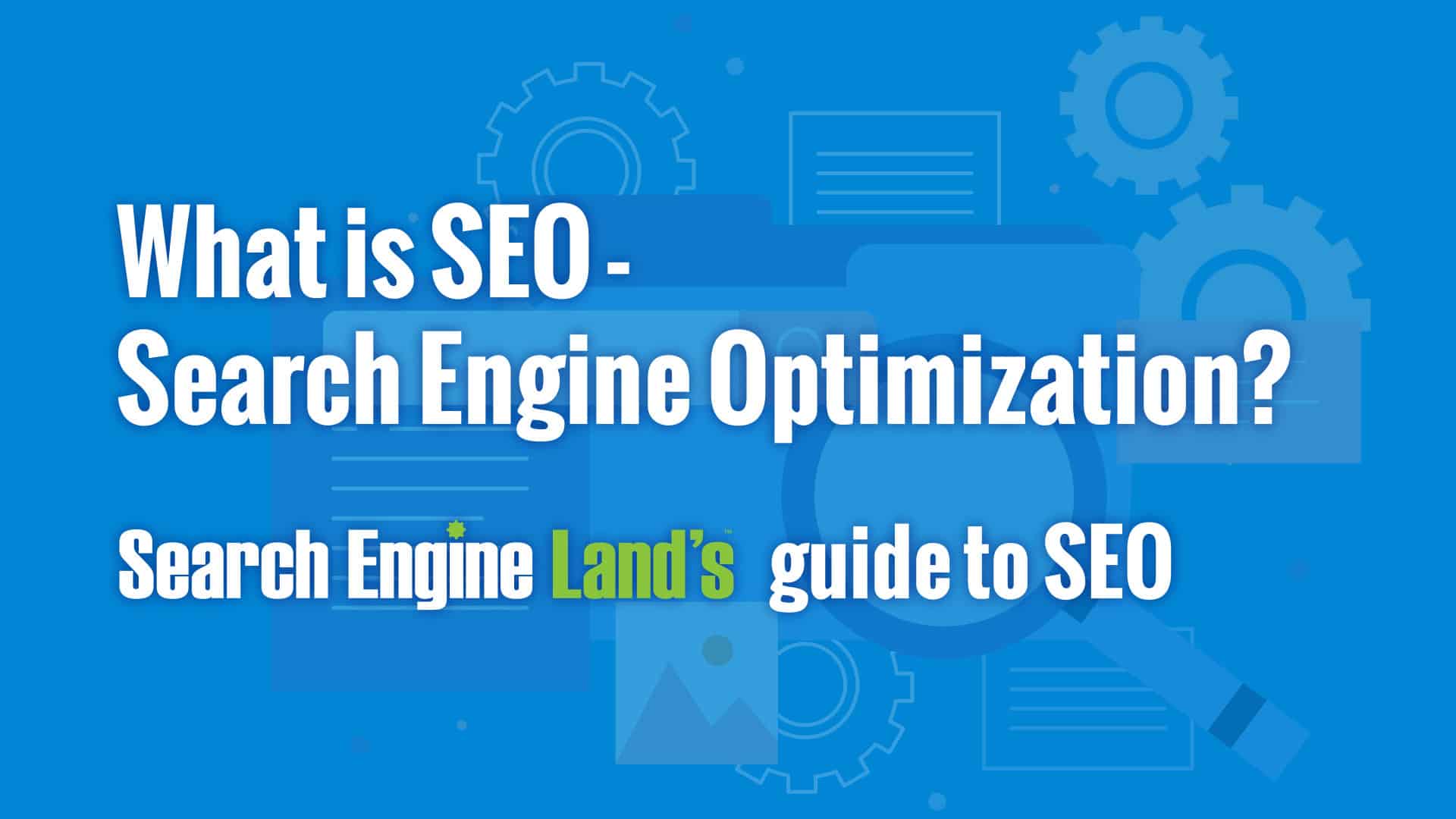Search engine optimization (SEO) is constantly evolving, and the demand for quick, efficient ranking on search engines has never been greater. For marketers and website owners alike, understanding the delicate dance between on-page SEO optimization and rapid URL indexers can make all the difference in boosting visibility.
In this article, we’ll explore the importance of on-page SEO, the role of rapid URL indexers, and how combining these two strategies can take your website’s search rankings to the next level.
SEO?
On-page is on-page seo optimization enhanced by rapid url indexer you apply directly on your website to improve its search engine rankings. It involves enhancing your content, HTML code, and overall structure to make your site more attractive to search engines.
Key Elements of On-Page SEO
Title Tags
Your title tag is one of the most important aspects of on-page SEO. It’s the first thing users see in search results, and it helps search engines understand what your page is about. Be concise, include your main keyword, and aim for about 60 characters.
Meta Descriptions
Although not a direct ranking factor, a well-crafted meta description can significantly boost your click-through rate. Summarize your page’s content in 160 characters or less, and make it compelling enough to encourage users to click.
Header Tags
Using H1, H2, H3, and so on, to structure your content not only improves readability for users but also helps search engines crawl and index your content effectively. The H1 tag should contain your primary keyword.
URL Structure
A clean, keyword-rich URL structure is crucial. Keep your URLs short, descriptive, and free of unnecessary symbols or numbers. This improves both user experience and search engine indexing.
Keyword Optimization
Strategically placing keywords throughout your content is essential for search engine ranking. However, avoid keyword stuffing. Focus on using long-tail keywords and LSI keywords that naturally fit within the context of your content.
Internal Linking
Connecting relevant pages on your site through internal links helps distribute link equity and improve navigation. It also keeps visitors on your site longer, which boosts SEO metrics.
Mobile Optimization
With the majority of internet traffic coming from mobile devices, mobile optimization is no longer optional. Ensure your site is responsive, fast-loading, and user-friendly across all devices.
What are Rapid URL Indexers?
Rapid URL indexers are tools designed to speed up the process of getting your website or specific web pages indexed by search engines. Instead of waiting for Google to naturally crawl and discover your content, rapid URL indexers push your URLs directly to search engines for faster indexing.
How Do Rapid URL Indexers Work?
Rapid URL indexers work by submitting your website’s URL directly to search engine crawlers through special APIs or submission tools. This allows your content to be discovered, crawled, and indexed almost immediately, reducing the time it takes for your page to appear in search results.
Popular URL indexers such as Google Search Console’s URL Inspection Tool and third-party platforms use methods like:
- Ping submissions to notify search engines of new content.
- XML sitemap submission to list all of your website’s pages for easy discovery.
- API connections to Google and Bing to speed up the crawling process.
Why Combine On-Page SEO and Rapid URL Indexers?
Combining effective on-page SEO with rapid URL indexing can result in faster ranking improvements and more visibility. While on-page SEO ensures that your content is optimized for search engines, rapid URL indexers make sure that this content gets indexed quickly.
Imagine having perfectly optimized content but waiting weeks for search engines to discover it. Rapid URL indexing removes that delay, ensuring your efforts don’t go unnoticed.
Benefits of Rapid Indexing for SEO
Immediate Visibility
Rapid URL indexing ensures that your new content appears in search engines as soon as possible, allowing you to capitalize on trends and time-sensitive topics.
Faster Ranking
By reducing the time between content publication and indexing, rapid URL indexers can help your page start ranking sooner, giving you a competitive advantage.
Improved Content Strategy
Faster indexing means you can track the performance of your content more quickly, allowing you to tweak and optimize based on real-time data.
Enhanced Search Engine Relationships
Using tools like Google Search Console for rapid indexing shows search engines that you are proactive in maintaining your site, which can help in building better search engine relationships.
Tips for Effective On-Page SEO
Write Unique and High-Quality Content: Always prioritize content quality. Search engines love fresh, original, and useful content that adds value to readers.
Optimize Images: Use descriptive file names and alt texts for images to improve your SEO.
Increase Page Load Speed: Use tools like Google PageSpeed Insights to check your website’s performance and work on speeding up load times.
Use HTTPS Protocol: Secure your website using HTTPS encryption to ensure data safety and improve ranking factors.
Implement Structured Data: Structured data or schema markup helps search engines better understand your content and can lead to rich snippets, which improve click-through rates.

Leave a Reply